Few experiences in life are as exciting and exhausting as buying a home. Although many reality TV shows make home buying look easy, there are many technical, legal, and financial aspects to buying a home. Committing to a new home is huge a financial decision. The mortgage interest rate, the sum of money the bank charges for borrowing money, is one example of something that can drastically affect your overall loan. Before you sign your name and close on your financing, educate yourself and be sure you know how mortgage interest rates will affect you.
What are the types of mortgage interest rates?
When purchasing a home, you can select from two different types of mortgage interest rates: a fixed rate mortgage or a variable rate mortgage. A fixed rate mortgage is a mortgage with an interest rate that does not fluctuate over the life of the loan; however, a variable rate mortgage has an interest rate that does change over time. A variable rate mortgage is also referred to as an adjustable rate mortgage.
How do the different mortgage interest rates affect your monthly mortgage payments?
Both types of mortgage interest rates affect the size of the initial preapproval amount as well as your monthly payment.
- Fixed rate mortgage: Because this interest rate is fixed, the monthly principle and interest payment does not fluctuate. Bonus: This option protects homeowners from unexpected changes in monthly payments.
- Variable rate mortgage: Choosing this type of mortgage allows for fluctuations in your monthly mortgage payment. As interest rates change, your monthly interest payment adjusts. Generally, initial monthly payments are usually lower and then increase later. However, things can always go differently.
How do the different mortgage interest rates affect the initial loan amount?
Depending on which interest rate option you choose, your total loan approval amount can vary. For instance, a large loan may be more difficult to obtain because a fixed rate mortgage creates higher monthly payments. On the other hand, by using a variable rate mortgage, you may qualify for a larger loan because your monthly payments could be lower initially.
Other factors lenders consider when applying for a mortgage
Loan approvals are not determined solely by which interest rate is chosen. Mortgage lenders consider several aspects of your financial portfolio when you apply for a loan, including:
- Employment history
- Credit score
- Banking history
- And more
If you’re trying to figure out which mortgage is best for you, education is the key. Learn more about the different types of mortgages, their pros and cons, and information that can help you choose the right loan for you by downloading our whitepaper now!
{{cta(‘a8052465-b2d7-4776-a4f1-3c2ba0acb070′,’justifycenter’)}}




